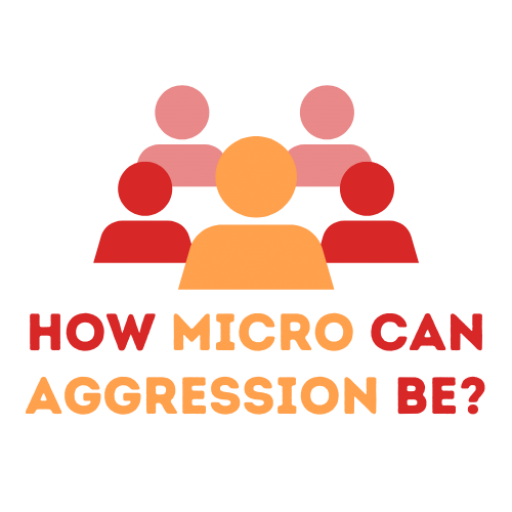Topic 2 Deconstructing of Micro-aggression
Deconstructing the meaning of micro-aggression is another challenging step. Only when person is aware of biases, she/he can act, to learn how to react and how to frame the communication so participants can feel empowered and not victimized. It is possible to sensitized yourself by practicing of empathetic listening (more in chapter 4) or by seeking to become more self-aware in the moment.
If you recognize micro aggressive behaviour as an observer, you may ask yourself: “Should I intervene? If I do, what is the appropriate way to do so? What are the consequences if I take action?”
For example, if you decide to intervene, when you see micro-aggression unfolding, you might consider stepping in with words: “What makes you say that? Or I don´t get the joke. Can you explain it to me? Or you can consider approaching the perpetrator later.
- If you are approached by a person who is hurt or concerned about something you have said, it is important not to react in defence. It is difficult to accept criticism, even more when you are criticized about something you are unaware of. Probably it was not your intention to cause pain or offend someone.
Try to listen and be empathetic. Avoid saying “I did not mean that” or “I was saying joke”. Do not try to invalidate the feelings of another person.
Regardless your intention, acknowledge verbally that you heard what other was saying in the way: “I have heard you and I can feel your pain and my future self will act more thoughtfully, because you have shared with me this.” Apologize, but do not expect the forgiveness. If the relationship between you and hurt person allows, you can consider asking more questions, and untangle other verbal or nonverbal micro-aggression you are prone to do.

Image by cookie_studio on Freepik
